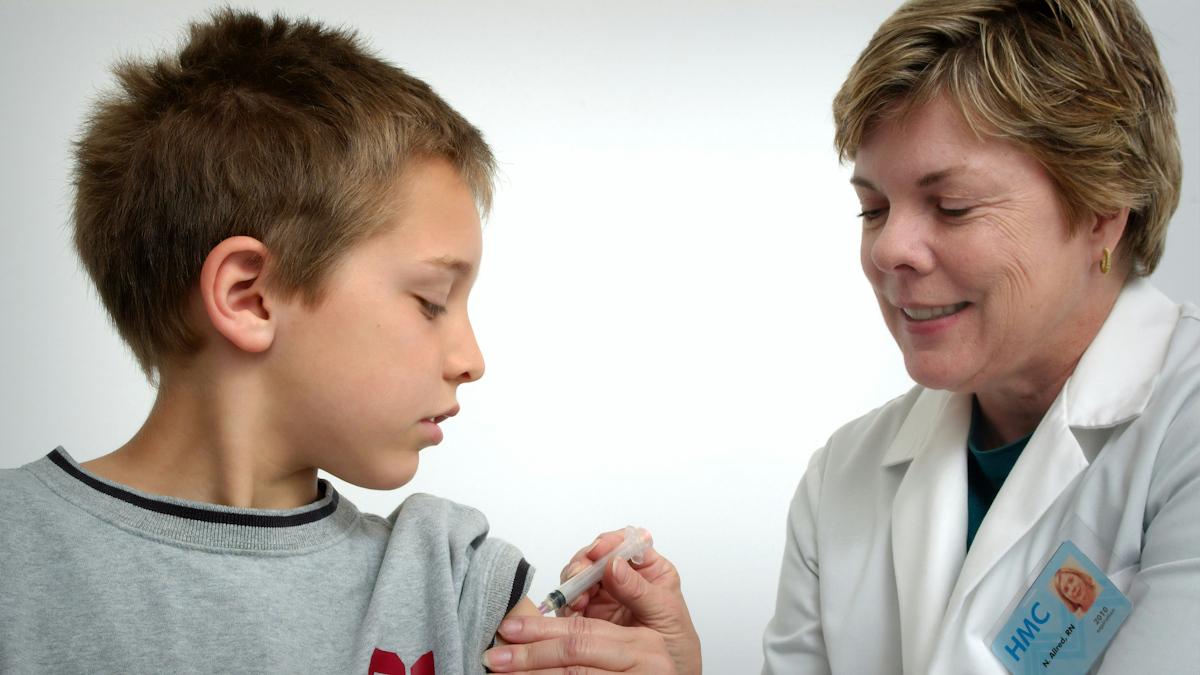Alarm as study finds global vaccination coverage stalls

Millions of children around the world are at risk of serious infectious diseases because immunisation programmes have stalled, or even gone into reverse, in the last 20 years.
That is the conclusion of a study in The Lancet, which has tracked the take-up of childhood vaccinations for diseases like diphtheria, tetanus, whooping cough (pertussis), measles, polio, and tuberculosis from 1980 to 2023.
While the overall trend in vaccine coverage has been upwards, since 2010 progress has stalled or reversed in many countries, a situation made worse by the COVID-10 pandemic, and the researchers are calling for renewed efforts to provide equitable access to vaccinations around the world.
As examples, 21 of 36 high-income countries experienced declines in coverage for at least one of the original Expanded Programme on Immunisation (EPI) programmes introduced in the 1970s since 2010, while 100 of 204 countries tracked in the study saw declines in jabs to prevent measles, which has seen a sharp rise in cases in the last few months.
In 2023, there were an estimated 15.7 million children who had received no doses of the DTP shot protecting against diphtheria, tetanus, and pertussis in their first year of life, with more than half living in just eight countries, primarily in sub-Saharan Africa and South Asia.
"Routine childhood vaccinations are among the most powerful and cost-effective public health interventions available, but persistent global inequalities, challenges from the COVID pandemic, and the growth of vaccine misinformation and hesitancy have all contributed to faltering immunisation progress," said study author Dr Jonathan Mosser, from the Institute for Health Metrics and Evaluation at the University of Washington.
The publication of the study has been timed just ahead of today's summit held by the vaccine alliance Gavi, which has issued a call for $9 billion in funding over the next five years to try to make sure World Health Organization (WHO) targets on immunisation coverage in 2030 are not missed.
Ahead of the summit, the Gates Foundation – which funded the new study – pledged $1.6 billion to the cause. Foundation chair Bill Gates said: "For the first time in decades, the number of kids dying around the world will likely go up this year instead of down because of massive cuts to foreign aid."
Gates' comments come after the Trump administration dismantled USAID earlier this year and is proposing to reverse a near-$1.6 billion commitment to Gavi under former President Joe Biden.
Health and Human Services (HHS) Secretary Robert F Kennedy Jr – a well-known vaccine sceptic whose actions since taking office have raised concerns about the future of immunisation programmes in the US – is due to speak at the summit.
Commenting on the new data, Dr David Elliman, honorary senior associate professor at UCL, warned of a "perfect storm" of geopolitical tensions and foreign aid cuts coupled with "political changes in [the] USA, where it appears that policy is being made on the basis of ill-informed opinion, rather than science."
Writing in a linked editorial in The Lancet, Prof Hai Fang of the China Centre for Health Development Studies at Peking University, China, who was not involved with the study, said: "In light of the potential decline in international aid from high-income countries, there is an even greater need to strengthen routine childhood vaccination coverage at all levels. Sustained investment and targeted strategies will be essential to maintain progress, close immunisation gaps, and ensure equitable access to life-saving vaccines."












